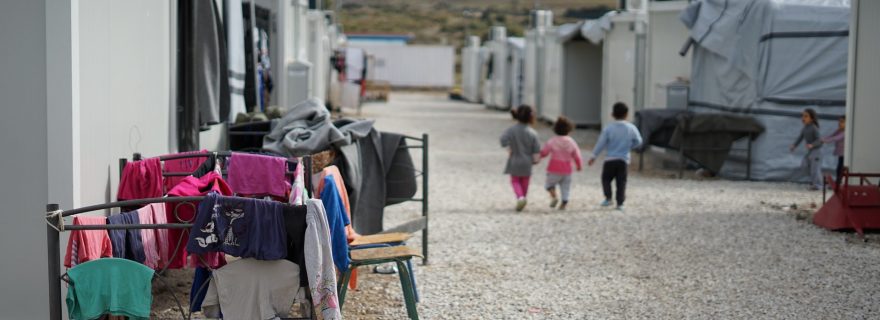This is not how one treats children
The new assistance offered by the Dutch government to asylum seeking children is another example of Dutch thriftiness and clearly lacks respect for the rights and interests of the child
The treatment of asylum seeking children is causing major headaches and tension in the government coalition. Last month, the State Secretary for Justice and Security offered assistance from the Netherlands in response to the fire at refugee camp Moria on the Greek island of Lesbos and the resulting misery for the people staying there; this followed on from intense discussions among the government coalition partners. In addition to providing financial and humanitarian assistance, our State Secretary is prepared to admit a total of 100 asylum seekers to the Netherlands: 50 unaccompanied children and 50 people in a family unit that includes minor children.
Unfortunately, a number of conditions apply. First, this number is to be deducted from the ‘resettlement quota’ of 500 vulnerable refugees who are selected each year by the UNHCR to be admitted to the Netherlands. Yet another example of Dutch thriftiness? From the perspective of children’s rights, it is also alarming to read that the 50 unaccompanied children must be younger than 14 years of age. In view of the UN Convention on the Rights of the Child which applies to all children up to the age of 18, it is incomprehensible that this age restriction has been applied. What is more, there are serious doubts as to whether these child refugees can actually be located. Since there is no justification whatsoever for this age distinction, we believe that the policy of the Netherlands is in breach of the prohibition of discrimination under Article 2 of the Convention on the Rights of the Child.
Another obstacle is that the State Secretary has announced additional measures for the Dutch asylum procedure. One of these concerns the so-called ‘application interview’ that is held after an asylum application has been submitted. During this interview, the child is asked questions about their identity, nationality, and travel route. Up to now, their reason to apply for asylum was considered at a later stage in a separate interview. For the purpose of efficiency, the State Secretary now wants to merge these two procedures, as is the case for adults. In doing so, however, she appears to have lost sight of the fact that children are more vulnerable human beings and that as a result they will miss out on the essential preparation at the application interview. In addition, they will no longer have the assistance of a representative who is present during the interview, usually a youth guardian from the Nidos Foundation, the national guardianship institution for asylum seeking children. This is clearly at odds with provisions under European asylum law in which assistance for children is enshrined, like Article 25(1)b Asylum Procedure Directive and Article 6(2) Dublin Regulation.
The State Secretary’s plans, which are driven by the desire to control migration, are lacking in humanity and undermine the rights and interests of unaccompanied children seeking asylum. This poor offer of help is inadequate and in light of both the Convention on the Rights of the Child and the European Union Charter of Fundamental Rights requires a serious rethink.
Edited opinion published on 30 October 2020 in Dutch newspaper Trouw




0 Comments
Add a comment